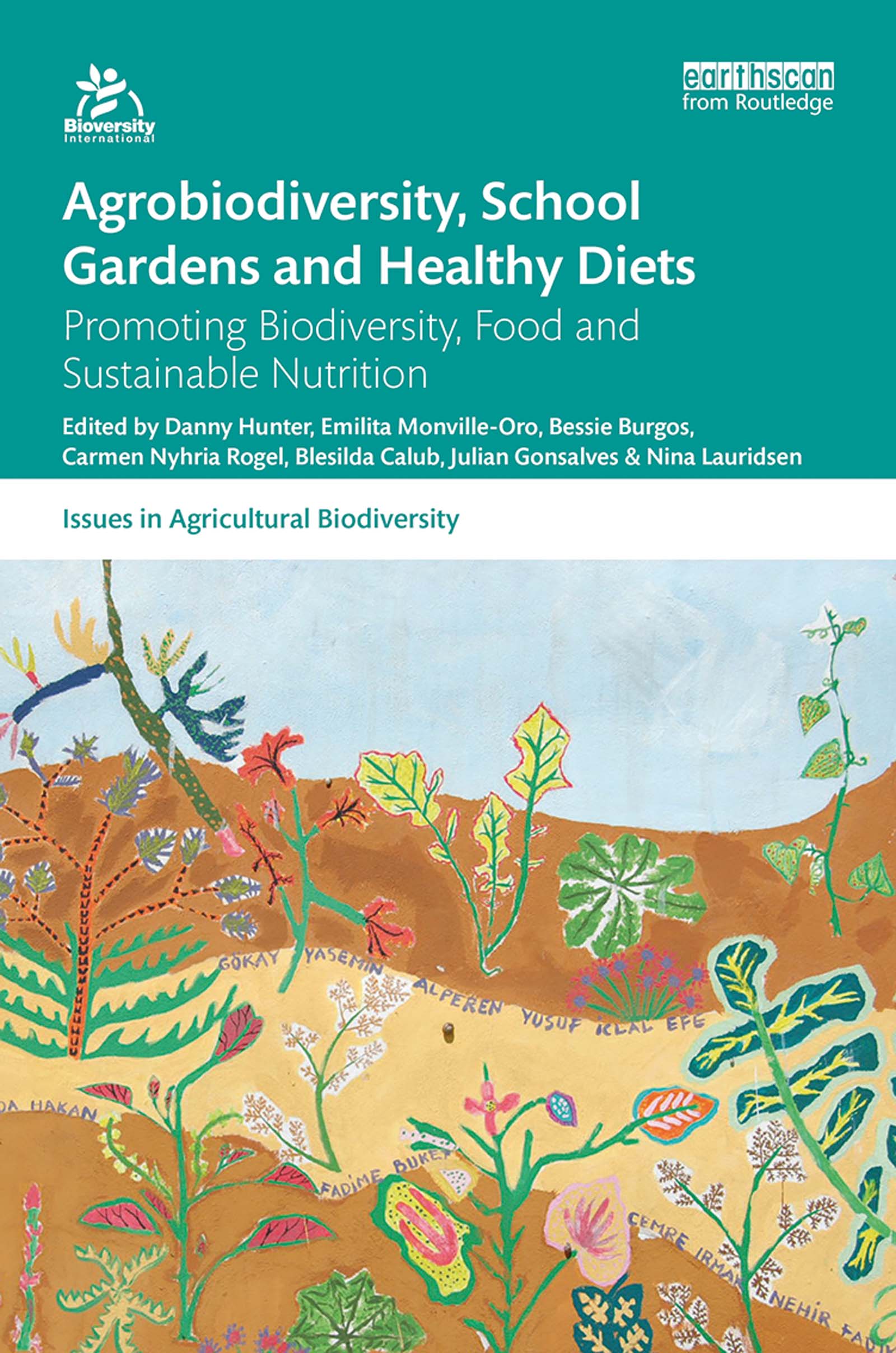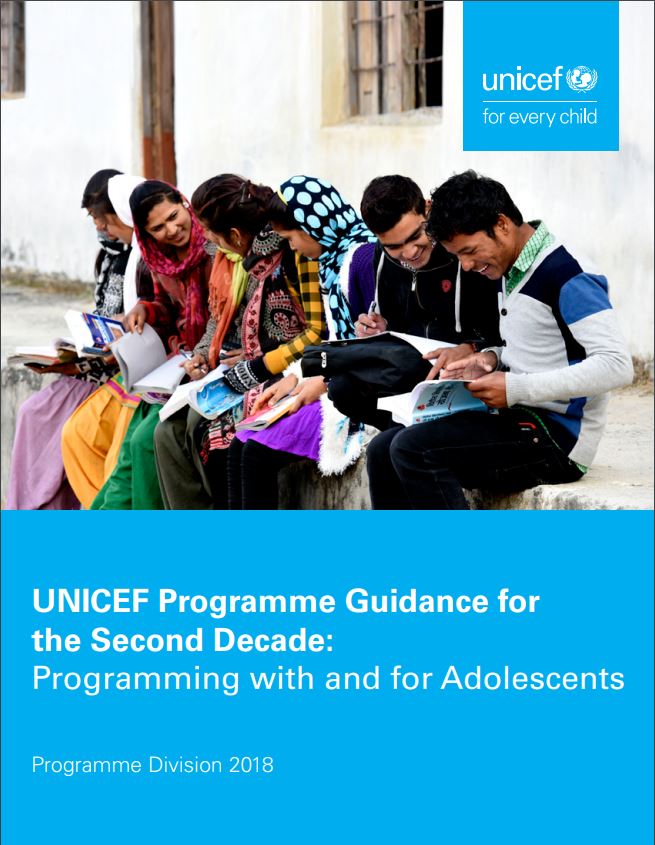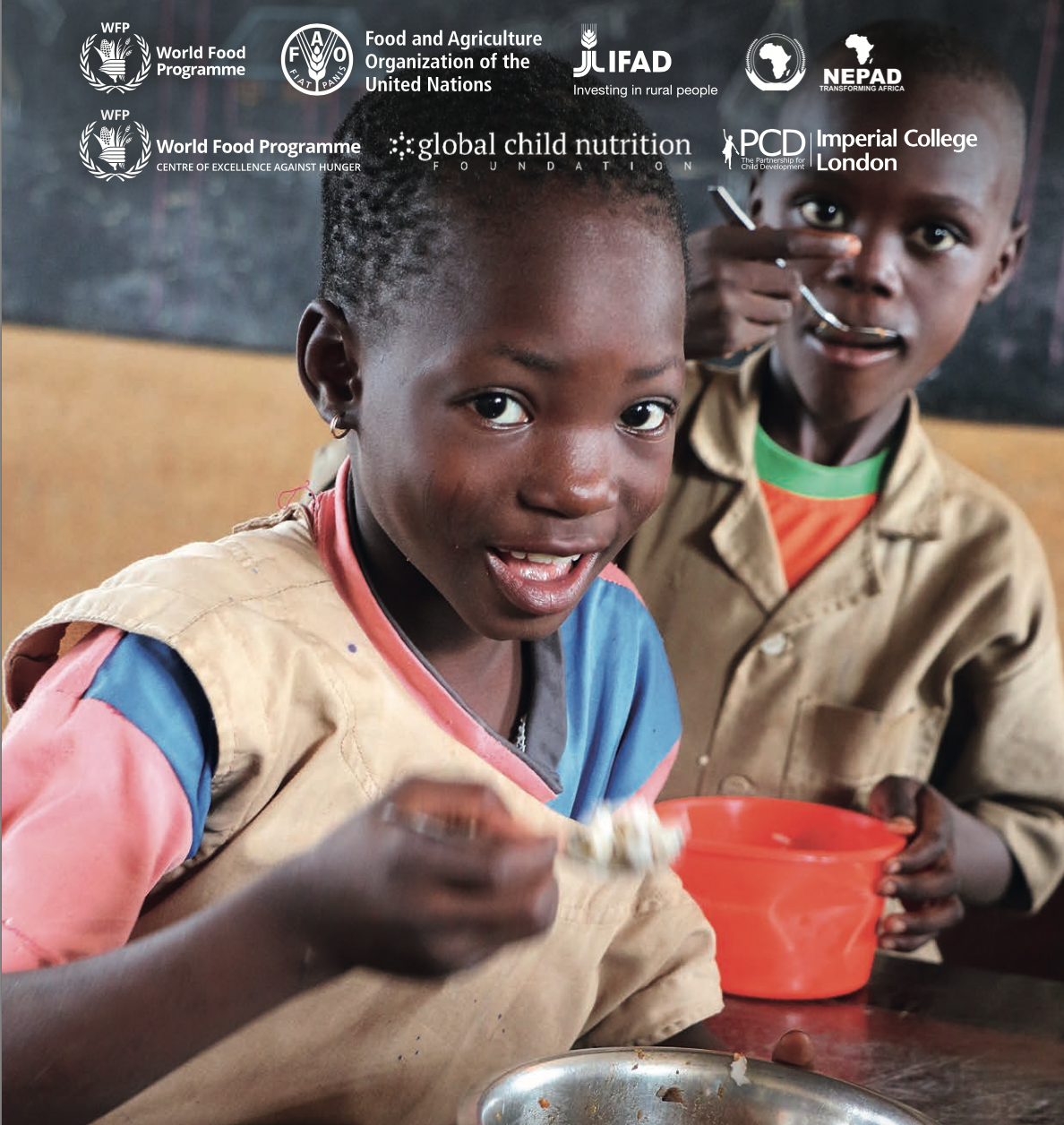Education
It is widely recognised that optimum nutrition is essential to the health and wellbeing of children and adolescence, as well as their cognitive and social development. Getting this right has tremendous economic impacts for communities and countries, and the welfare of subsequent generations. Intervention in the first 1,000 days is essential, but insufficient thus it has to be complemented with significant investment in health and nutrition in middle childhood and adolescence.
A particularly important determinant of nutrition is education. Education empowers individuals to access better jobs and income and make informed choices about their eating and health habits. Girls’ education is particularly important as the longer they stay in school, the less exposed they are to early pregnancies and the better able they are to secure a better future for themselves and their children. Research shows that mothers who have had quality secondary school education are likely to have significantly better nourished children. These findings are related to the fact that when women control income, they are more likely to invest it in the welfare of their family.
Promoting equitable access to education for women and men also helps address many of the underlying causes of malnutrition. The nutritional impact of interventions in the education sector can be enhanced by including nutrition education for girls and boys in the school curricula. Such activities are more effective if part of a comprehensive school nutrition strategy, including healthy school meals, the use of school gardens for practical learning, and provision of clean water. School feeding programmes have an additional advantage of encouraging school attendance. This can be particularly important for adolescent girls, as part of efforts to prevent precocious marriage and pregnancies that ultimately undermine their health and nutrition, and that of their children.
Latest content relevant to Education

School Nutrition Inventory
20/12/2020 - School Nutrition Inventory, edition 1-2020 Schools offer an opportune and favorable setting to accelerate action and contribute to the systemic action required to end malnutrition in all its forms. [...]

Stepping up effective school health and nutrition: a partnership for healthy learners and brighter futures
15/05/2020 - For the first time since the launch of the Sustainable Development Goals (SDGs) in 2015, UN and multilateral agencies from across health, education, agriculture, WASH, and social welfare sectors have [...]

Webinar: Safely getting food to school-age children and their families
07/05/2020 - Thursday, May 7 at 9:00AM EDT With over 1.5 billion learners affected by the COVID-19 outbreak, many countries are struggling to ensure children continue to receive a nutritious meal. Join the Global [...]

Agrobiodiversity, School Gardens and Healthy Diets Promoting Biodiversity, Food and Sustainable Nutrition
11/03/2020 - This book critically assesses the role of agrobiodiversity in school gardens and its contribution to diversifying diets, promoting healthy eating habits and improving nutrition among schoolchildren as [...]

FAO Webinar - The evidence review: the key step in the development of FBDGs
09/07/2019 - 09 July 2019 15:30 – 17:00 (GMT+2) Register here A solid evidence base is a pre-requisite for food-based dietary guidelines (FBDGs) to be able to address country-specific nutrition needs [...]

Aligning Policy And Legal Frameworks For Supporting Smallholder Farming Through Public Food Procurement: The Case Of Home-Grown School Feeding Programmes
18/01/2019 - In the past few years, various countries, regions and cities from low-income to high-income economies have been developing a range of food procurement initiatives designed to use the regular demand [...]

UNICEF Programme Guidance for the Second Decade
05/11/2018 - UNICEF Programme Guidance for the Second Decade: Programming with and for Adolescents provides an overview of the strategic direction UNICEF will assume to advance children’s quality of [...]

Home-Grown School Feeding Resource Framework
11/10/2018 - This Resource framework is intended as a guidance tool for stakeholders involved in programme design, implementation and monitoring of Home-Grown School Feeding Programmes and the related policy and [...]

A Child Rights-Based Approach to Food Marketing: A Guide for Policy Makers
21/06/2018 - Evidence gathered over the past 20 years indicates that marketing of unhealthy food is a key contributor to the growing rates of child overweight. New marketing channels, ever-evolving techniques, and [...]

Field Exchange - Issue 57
16/04/2018 - This is a general issue that features, for the second year running, a special section that shares key outputs of Action Against Hunger’s Research for Nutrition Conference held in November 2017. [...]





